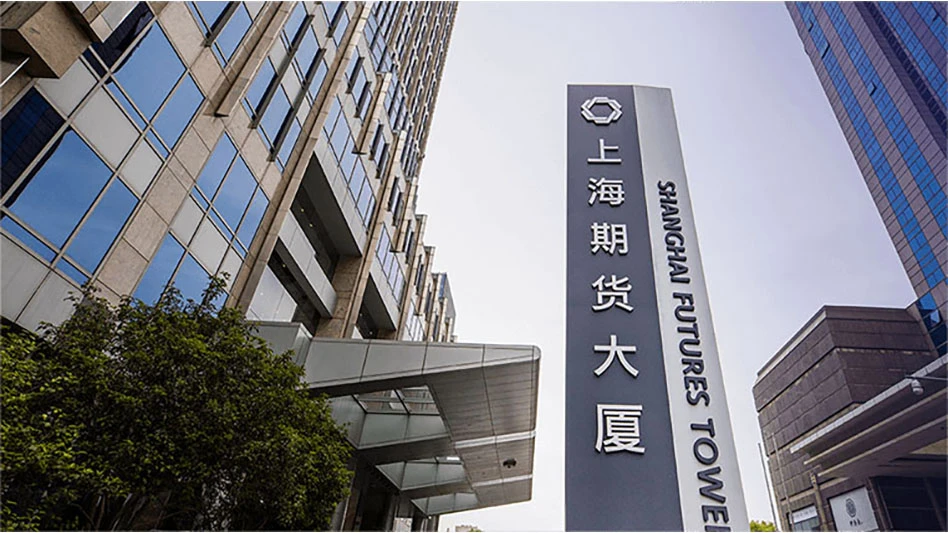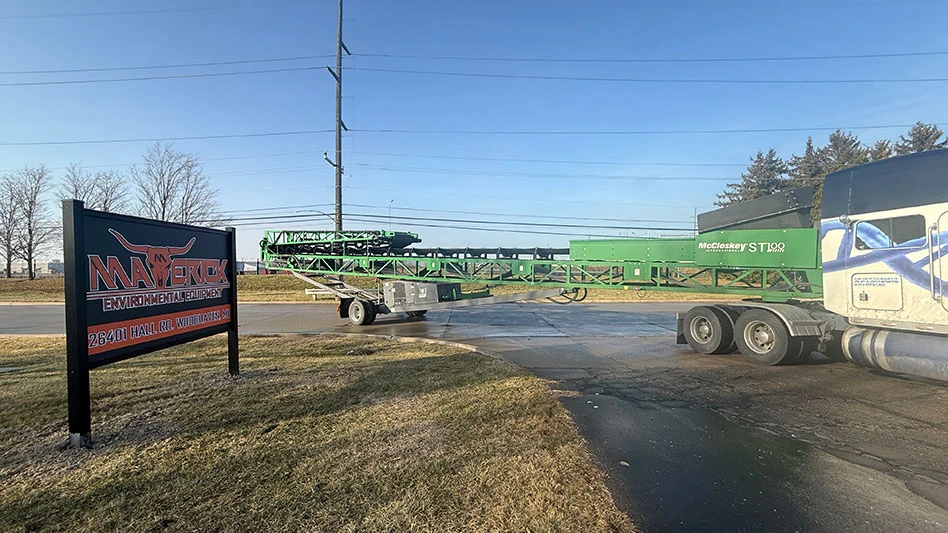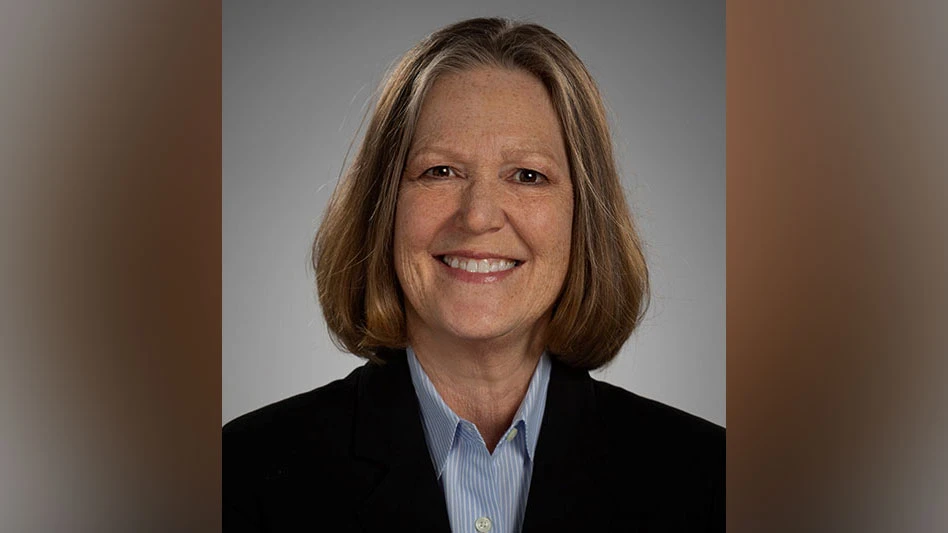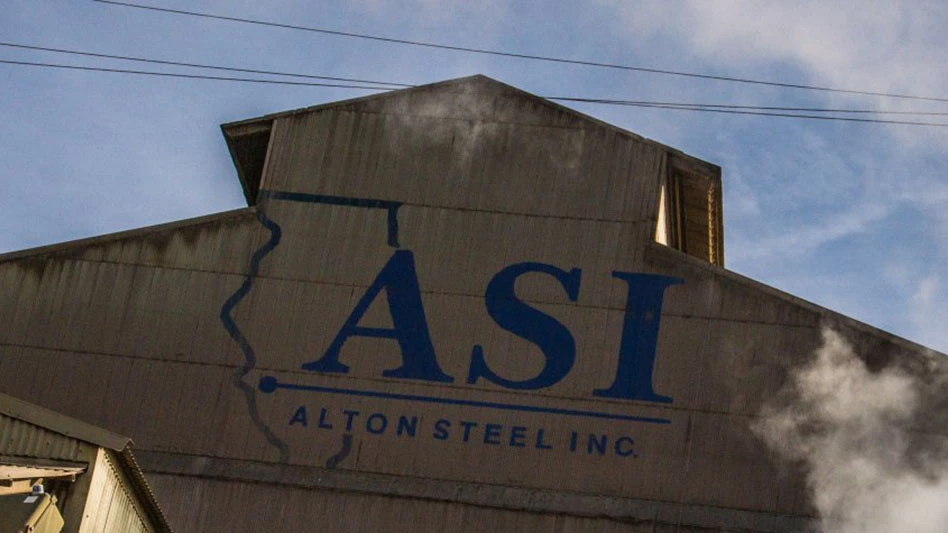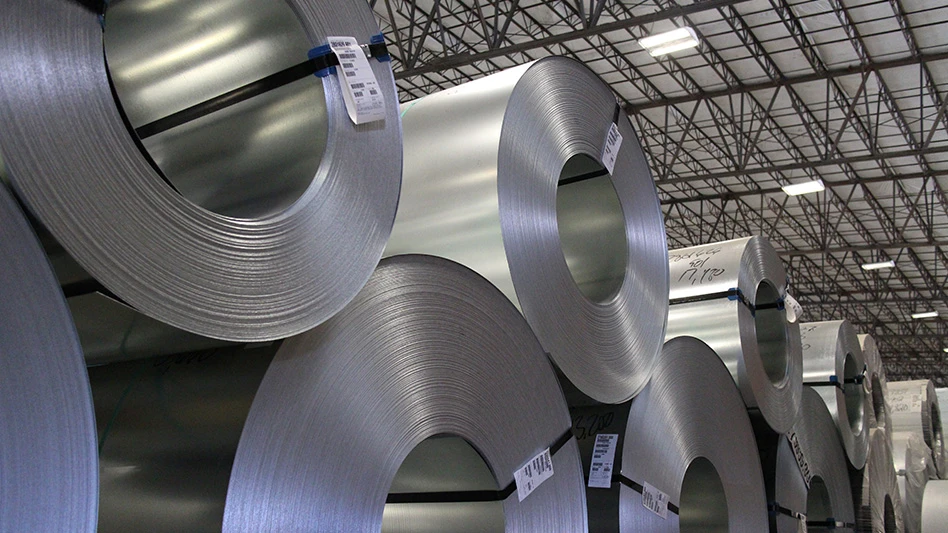
Photos courtesy of Engineers without Borders and the American Chemical Council
Earlier this month, America's Plastic Makers, a division of the Washington-based American Chemistry Council (ACC), and Engineers Without Borders USA (EWB-USA) unveiled a newly restored access road at the historically African American Greenwood Cemetery in St. Louis.
The unveiling highlights the completion of an accessibility project during the cemetery’s 150th anniversary, undertaken by a broad team of local and national organizations.
The access road is the first outcome of a collaboration announced in January 2023 in which America’s Plastic Makers committed to contribute $1 million in funding and materials to help EWB-USA uplift underserved communities and advance U.S. infrastructure.
A ribbon-cutting ceremony at the cemetery earlier this month included multiple organizations and individuals who contributed to and benefit from the new access road, including ancestors of African Americans buried in the cemetery.
More than 50,000 African Americans are buried in Greenwood Cemetery’s 32 acres. The cemetery was listed on the National Register of Historic Places in February 2004.
The ceremony marked a milestone in the revitalization of the cemetery, which only a decade ago was an impenetrable mass of overgrown foliage, according to America’s Plastic Makers. The revitalization has been spearheaded by the Greenwood Cemetery Preservation Association.
During a ribbon cutting ceremony May 8, EWB-USA CEO Boris Martin praised the large number of individuals and organizations who help provide for more efficient, sustainable, and resilient infrastructure options for underserved communities in the U.S.
“Greenwood Cemetery holds an essential place in the history of St. Louis and our country,” Martin says, “At Engineers Without Borders USA, we are honored to support its preservation through infrastructure that reflects the dignity of the people laid to rest here and the community that continues to honor them.
“This restored access road is more than just a path, it’s a bridge between past and future, built through innovative, sustainable materials and the collective effort of committed partners. It’s a powerful example of how engineering and community-led revitalization can create impact.”
According to Engineers without Boarders, the permeable pavers from Washington, Iowa-based Aspire Pavers allow rainwater to drain into underground drainage pipes from Hilliard, Ohio-based Advance Drainage Systems, rather than pooling or running off into nearby waterways. In addition, global plastics manufacturer and recycler LyondellBasell contributed supplementary financial resources and materials to help bring the project to the finish line.
“When we signed an agreement with Boris two years ago, we didn’t know where this first project would be," America’s Plastic Makers Chief of Staff Lee Salamone says. "But we knew we would be surrounded by a community of people who wanted to rebuild something meaningful, like Greenwood Cemetery.
“We’re proud that the pipes and pavers used in this project include recycled plastic. America’s Plastic Makers want to make as much new plastics out of used plastics as feasible. This project is one small demonstration of that. And its evidence that communities can rebuild sustainably.”
Latest from Recycling Today
- Stadler equips Spanish MRF
- SSAB finishes 2025 with decreased revenue
- Vecoplan appoints CFO
- Aurubis raises full-year forecast
- Levitated Metals adds LIBS sorting technology
- Redwood Materials closes on $425M in Series E financing
- Updated: Wieland Chase expands northwest Ohio facility
- Recovered paper traders report lukewarm market
